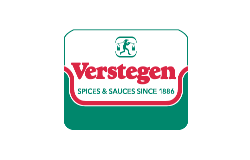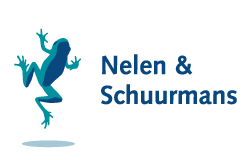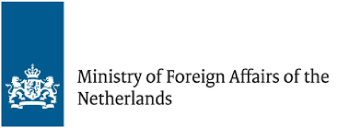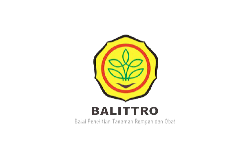
Project Description
SpiceUp is one of the projects under the Geodata for Agriculture and Water (G4AW) programme funded by the Netherlands Space Office (NSO). G4AW improves food security in developing countries by using satellite data and has a multitude of projects worldwide.
SpiceUp aims to provide geo-data based information services to 100,000 pepper farmers in three main producing areas in Indonesia (Lampung, Bangka Belitung, and Kalimantan). Through providing information services the goal to increase production, income, food security, optimize water, and reduce inputs of fertilizer and pesticides.
- 70% of farmers adopt recommendation on good agricultural practices (GAP)
- 25% of farmers have increased yields
- 10% of farmers sell pepper at a higher price compare to local market price
SpiceUp focuses on pepper as this was, and still is, one of the lead sectors for economic growth in Indonesia. Globally, the demand for pepper has been increasing. However, Indonesia as the second-biggest pepper producer in the world has productivity far below Vietnam. Pepper farmers in Indonesia faced various challenges related to the weather, water availability and increased incidences of pests and diseases.
SpiceUp provides geo-data information service for three targeted groups, which are farmers, collectors, and businesses.
Partners
SpiceUp is made of a consortium of eight public and private partners from Indonesia and the Netherlands, including: Verstegen Spices & Sauces B.V., ICCO Cooperation, Nelen & Schuurmans, VanderSat, Institut Pertanian Bogor, Akvo, PT. Cinquer Agro Nusantara and Balittro.

Netherlands Space Office (NSO) is the executing agency of Geodata for Agriculture and Water (G4AW) programme by the Dutch Ministry of Foreign Affairs. The G4AW programme stimulates sustainable food production, more efficient use of water in developing countries, and aims to alleviate poverty by enhancement of sustainable economic growth and self-reliance in the G4AW partner countries.

Verstegen Spices & Sauces B.V. (Verstegen) is the lead organisation of the SpiceUp consortium, which is comprised of nine public and private Dutch and Indonesian partners. At the end of the project, Verstegen becomes the eventual project owner of the information services developed under SpiceUp.

ICCO Cooperation is responsible for the project management, and monitoring & evaluation of SpiceUp. Besides SpiceUp, ICCO is currently the consortium lead for three other G4AW programs in South East Asia, SMARTSeeds in Indonesia, GREENCoffee in Vietnam, and AngkorSALAD in Cambodia.

Nelen & Schuurmans aims to create the best content for the mobile app & B2B dashboard. In the consortium, they are the technical lead partner. Their platform computes simple and farm-specific advice by combining various scientific models, field measurements and satellite data.

VanderSat provides high-resolution satellite imagery on soil moisture without cloud interference. Soil moisture monitoring supports geo-data based farmer services, such as the irrigation advice.

IPB University is a state-run agricultural university based in Bogor, Indonesia. IPB University provides soil nutrient maps and together with VanderSat will provide accurate weather information.

Akvo is a nonprofit foundation based in Amsterdam, the Netherlands providing open source mobile software to capture and analyse field data. In SpiceUp, through Akvo-Flow tool, it supports the consortium in data collection from farmers, as well as monitoring and evaluation.
Supported By



